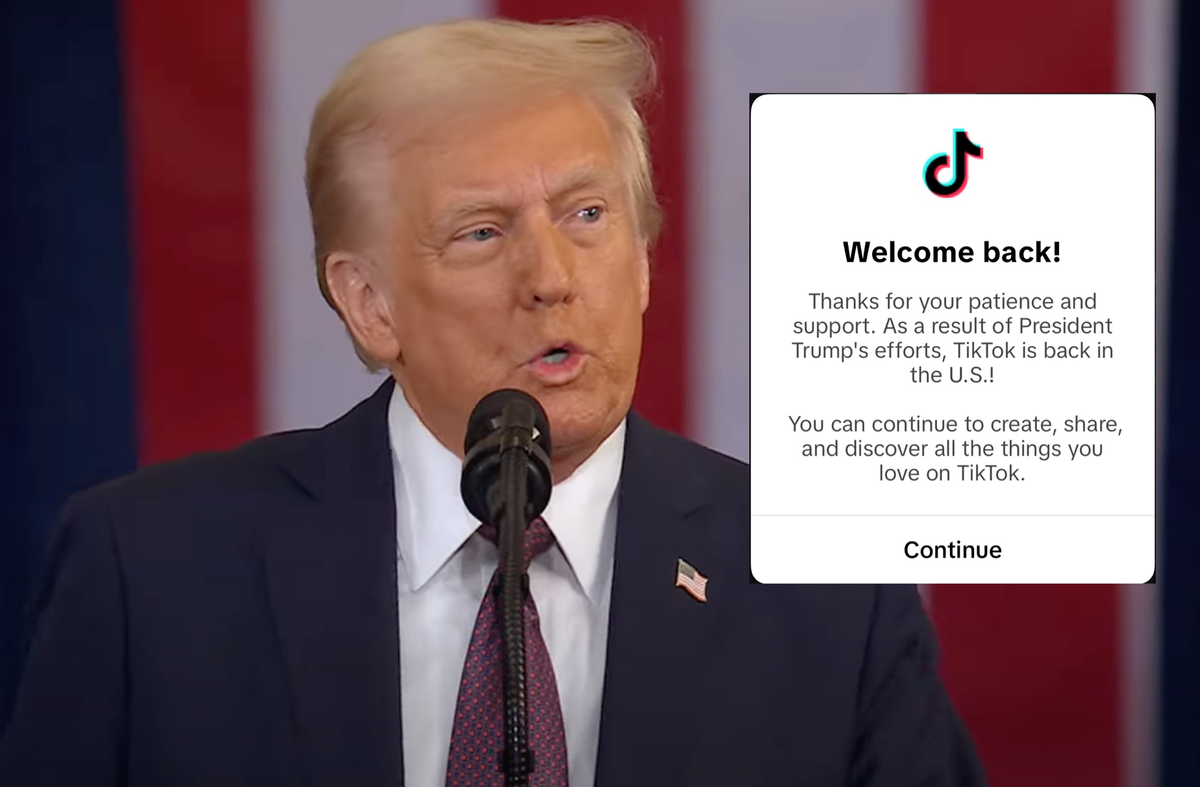Why Decentralized Social Media Is No Longer Optional
Explore Jason Koebler’s argument for decentralized social media as the solution to fragile, oligarch-controlled platforms. Learn how Mastodon, Bluesky, and federated networks could reshape the internet.

In an incisive piece for 404 Media, Jason Koebler lays bare the fragility of our digital ecosystems under the thumb of corporate tech oligarchs and government interference. With the TikTok ban, Elon Musk's "X," and Meta's political shifts as recent case studies, Koebler argues that the time to normalize and invest in decentralized, federated social media is now.
Centralized platforms, as Koebler illustrates, are precarious empires built on shifting sands. TikTok influencers scrambling to salvage their audiences during the platform's temporary ban is just one example of how entire livelihoods can vanish at the whim of governments or billionaires. Similarly, platforms like Meta and "X" have become openly partisan, amplifying hate and consolidating power at alarming rates.
Koebler's solution? Decentralized social media, where users own their follower lists, communities are portable, and no singular entity wields unchecked control. He highlights the groundwork being laid by platforms like Mastodon (via ActivityPub) and Bluesky (with AT Protocol), calling them vital steps toward a more democratized digital future.
Key Takeaways from Koebler’s Article:
- The Fragility of Centralized Platforms: From algorithm changes to government bans, influencers and businesses are one decision away from losing their audiences and revenue streams.
- Decentralization as a Solution: Federated networks like Mastodon offer resilience by allowing users to port their communities, bypassing corporate and government control.
- Challenges Ahead: While promising, decentralized platforms face hurdles in user adoption, ease of use, and building critical mass to rival platforms like TikTok or Instagram.
- Lessons from the Fringe: Koebler notes that even far-right platforms, though small, have successfully influenced national politics—proof that alternatives can gain traction and drive change.







